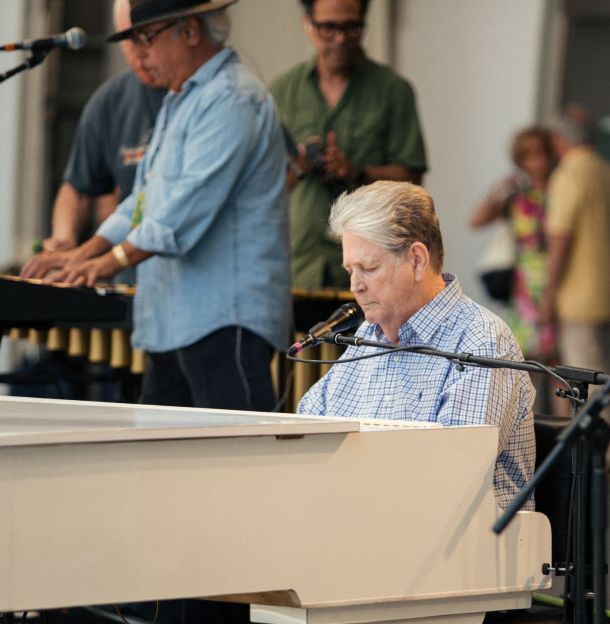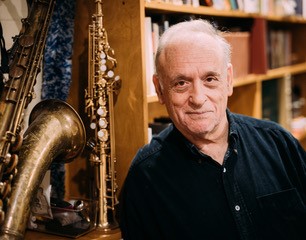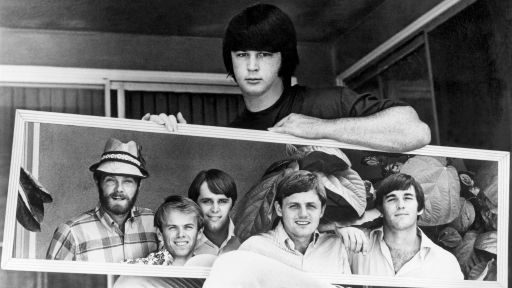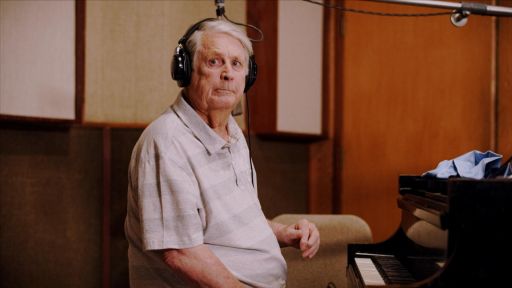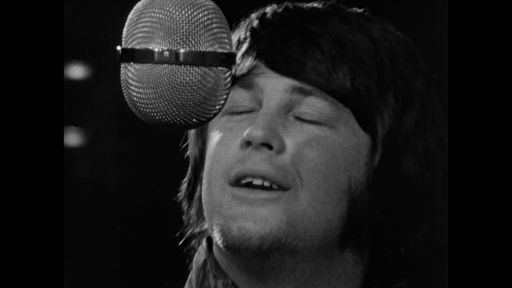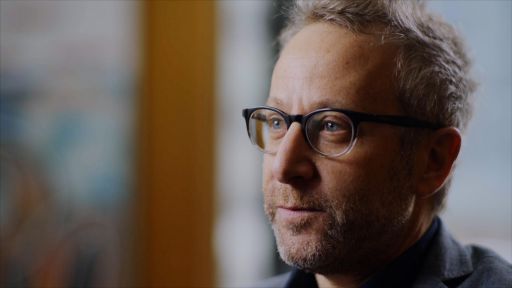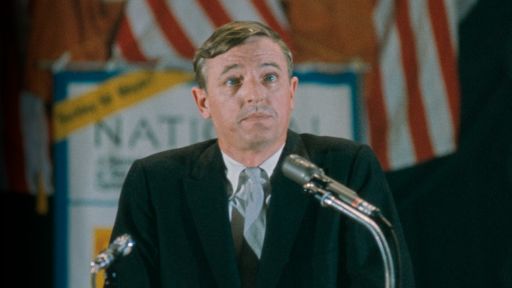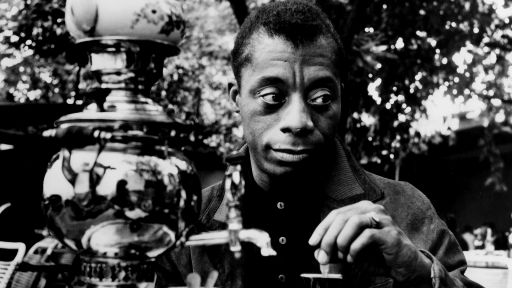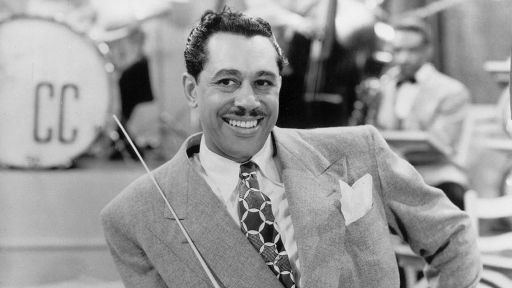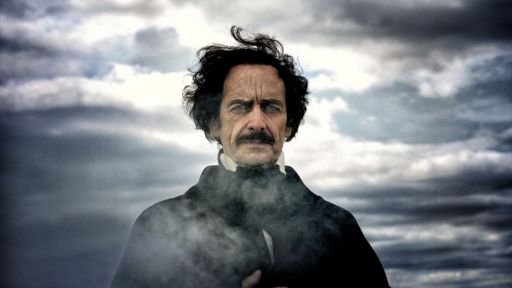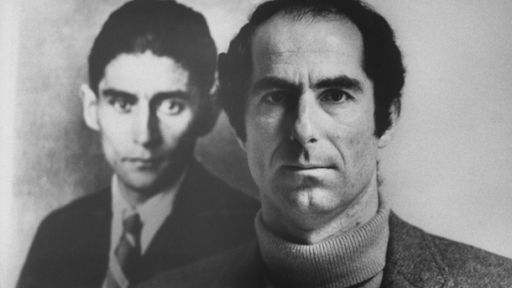In this personal essay, author and pediatrician Mark Vonnegut draws parallels to Brian Wilson and challenges the stigmas of mental illness. He reflects on the thorny label of “creative genius” that was assigned to both Wilson and his own father, author Kurt Vonnegut.
Brian Wilson and I, being born in the 40s and barely surviving the 60s, shared many of the same diagnoses, treatments and side effects. Brian Wilson is a creative genius. He heard music no one else heard, made it real and made a lot of people, including me, less lonely and more proud to be human. He was able to keep working at it, making more music and making it even better. But his mental illness has been romanticized and connected to his genius and music.
The only thing I like about his mental illness is that he recovered. When I see Brian, I look at and listen to a fully present joy and I like to think we both look younger than we are. I know, better than most, that mental illness doesn’t just go away. You have to fight hard to not be mentally ill. The voices and fear of relapsing never fully go away. My first breakdown and hospitalization was 55 years ago. I was a schizophrenic, a paranoid schizophrenic, then promoted to a schizophrenic who might get better on Lithium, a manic depressive, and bipolar with a severe post-adolescent adjustment reaction. I wrote and published a few articles about mental illness and was ultimately admitted to medical school, Harvard, no less, at least partly as a way for the admissions to prove that I was not schizophrenic. Whatever. “If you were schizophrenic, we wouldn’t be admitting you to medical school.” I knew enough to not argue.
I received better medical care than Brian did, at least partly, because I wasn’t a genius. The unhelpful romanticization of my illness involved the unfortunate fame of my father, who had also been recently declared a creative genius. Creative geniuses and their children are, according to popularly held cliché, not supposed to do well. If they look good now, it’s only a matter of time. If we manage to get jobs, make a living and have a life, we are ‘a credit’ to our diagnosis. When we relapse, it’s not a surprise. It hurt my feelings that when people heard “Mark was in the hospital,” no one asked what kind of hospital. I was a few steps away from ground zero where creative “geniusness” and mental illness hit. I wasn’t worth getting next to, mourning, making conclusive conclusions, writing interviews or articles about. When I see and hear Brian Wilson today, I know how hard he worked to get here and how much bull**** he’s had to work his way around.
The biggest difference between my care and Brian’s care, and what I credit with saving my life, was the active debunking of romance and the meanings people would try to attach to my illness. It was an illness, a biochemical screw-up like other illnesses. There was no shame, blame or romance. What I hate most about the popularly held connection between mental illness and creativity is that, in one fell swoop, the extremely hard work it takes to create truly new art and the extremely hard work it takes to survive and recover from mental illness are discounted, like these things just fall out of the sky. There is a connection between art and mental illness but it’s actually the exact opposite of what we see in the movies. Brian Wilson’s art, Van Gogh’s art, Thelonious Monk’s art, Dostoyevsky’s art and countless other examples were all achieved as ways and reasons to fight against mental illness. No one chucks their medications and writes great novels. Believing you can fly and actually flying are two very different things. Great art is made by people, maybe geniuses, maybe not, working hard to save their own lives. Everyone’s life and art are different and the effort makes us all a little less lonely.
Artists make great art in spite of mental illness, not because of it. So go ahead, try to paint like Van Gogh or write music like Brian Wilson or yourself. I promise it won’t make you crazy and might even make you a little less crazy. If you’re running a psych hospital and have to choose between firing an art therapist or a psychiatrist, let the psychiatrist go. I should add that stigma is really, really stupid and makes good treatment less accessible for everyone, which, among other things leads to homelessness, addiction, Hepatitis A, B and C, tuberculosis and more mental illness.
Treatment works.

